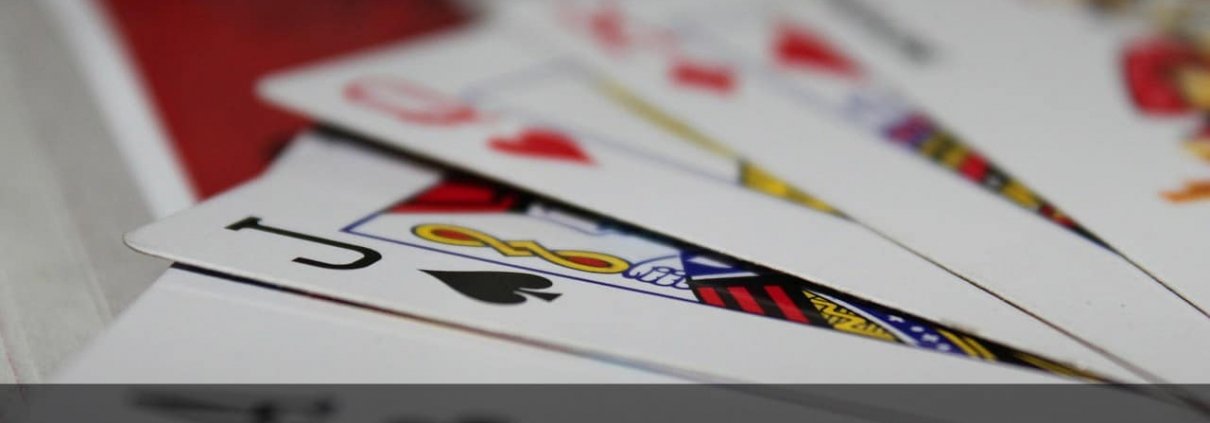The Information Game – Part Two
Welcome back poker fans! I’m hoping you enjoyed reading my last article on the Information Game. If not take a moment and read it now. Seriously it’s a keeper especially if you enjoy the game of poker.
All caught up? Good now we can address what we didn’t last time. In the previous article we talked about the information that we disclose to our opponents and why we shouldn’t do it. Now it’s time to look at the opposite end of the spectrum and how to take advantage of all the information our opponents give us. There is a vast amount of information available to us at the poker table. So pay attention observe” listen and focus. Every hand is an opportunity to learn something about our opponents and their game.
Here are three quick pointers to help you turn that knowledge into extra stacks of chips.
- Pay attention to the hands you’re not in! We all pay attention to the hands we play” but we’re often guilty of becoming distracted when we’re not in the hand. It’s easy to lose focus at the poker table. Sports on the screens chatting with friends at the table” and attractive waitresses are just a few examples of distractions that detract from you playing your best poker. Some of the best information can be gleaned from hands you’re not in.
- “Observe” listen and take note of other players at the table. Anytime there’s a showdown and cards are revealed at the end of a hand you should be monitoring the other players. Say at showdown your opponent reveals queen jack suited (QJs). You should immediately be asking yourself a few questions: What position was that person in when they played QJs? Did they open the pot with it? Did they raise or just call? Simply answering these three questions and making a mental note of your observations will give you a decent idea of your opponent’s style of play. Do this mental exercise with a few hands over the course of a session and you will have a much better sense of an opponent’s range and how they play” which allows you to make better decisions against them and ultimately make or save more money.
- Understand that your opponents will not play the same way throughout a session. So be aware of their moods” their actions their gestures and their demeanor. If you have an opponent at the table that is having a very unlucky session be aware of how that impacts their game and how it affects the other players. Keep in mind that players react differently to the same situation. Does this person tilt when they run bad? Do they play more or less hands when they are angry? Do they get more aggressive or tighter? If a person is doing well and getting lucky do they start to play more hands or get more aggressive? Being aware of these changing dynamics at the table will help you to strategically adjust your play against them
Taking advantage of all the information available to you at the poker table is a quick and simple way to improve your game. Notice that I didn’t say quick and easy because it most certainly isn’t easy. Most people are able to play their top game for the first hour or so at the poker table. After that they tend to fall back into their base game and go on autopilot for the rest of the session. Understand what your opponent’s autopilot game is while at the same time avoiding your own. This is an excellent way to improve your overall results and win the Information Game.
Until next time see you at the tables!


